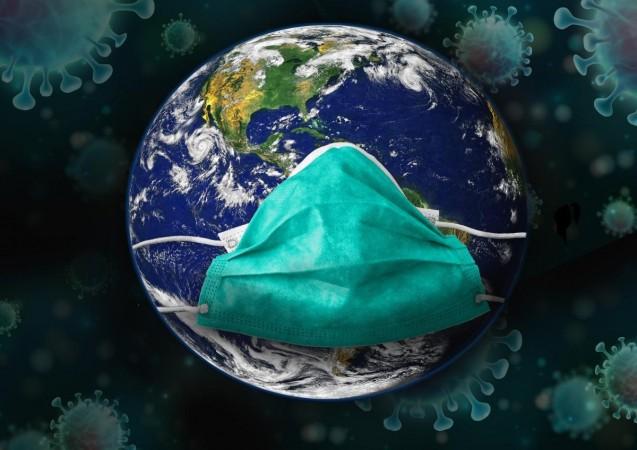The Catholic University of Valencia and Visor Medical, a Valencian business, have claimed that their innovative surgical mask may instantly destroy the SARS-COV-2 virus. Their FFPCOVID mask refers to intelligent masks being developed by them.
Professor Ángel Serrano and his team of experts from the San Alberto Magno Translational Center developed the intelligent fabric for these masks.

How this mask works
Since the outbreak of the pandemic, these masks have been created by the UCV's Biomaterials and Bioengineering Laboratory with intelligent filters and repressing capabilities that are included in making these masks.
The FFPCOVID mask, a 100% Valencian product, is currently being used in the fight against Covid-19, and it also claims to nullify other viruses such as the one that causes the flu and antibiotic-resistant bacteria such as Staphylococcus aureus and Staphylococcus epidermidis that are methicillin-resistant.
"The World Health Organization estimates that by 2050, more individuals will have died from infections with these types of bacteria than from cancer," Serrano points out. "Our objective has always been to supply reasonable healthcare supplies to the entire society in times of crisis. We've been working with this concept in mind since the outbreak began." Serrano continues, "We chose to abandon various research initiatives to focus only on the fight against SARS-CoV-2."
These masks have two directional protection -- they protect healthy people from infection and they prevent patients from discharging as many active viruses.

Previous research done
Numerous corporations and scientists have developed various sorts of masks that promise to eliminate COVID since last year
A Spanish company has developed a mask that promises to be capable of deactivating the Coronavirus in two hours. This package costs 60 euros. These face masks were designed by a group of scientists who promise that they contain filters that deactivate a variety of coronaviruses in an average of two hours and with near-100 percent efficiency, offering protection against Covid-19.
Jiaxing Huang of Northwestern University led a study that found that a lint-free wipe with only 19% fibre density sterilized up to 82% of released respiratory droplets by volume. The study observed that even loose textiles with low fibre packing densities of around 11%, such as medical gauze, affected 28% of emitted respiratory droplets by volume.
Another study conducted by MIT researchers resulted in the development of a face mask with an integrated heated copper mesh capable of inactivating viruses. They chose copper mesh as the heating and absorption element and used numerical simulations to estimate the appropriate temperature range required to destroy coronaviruses moving inward or outward during natural breathing.

















